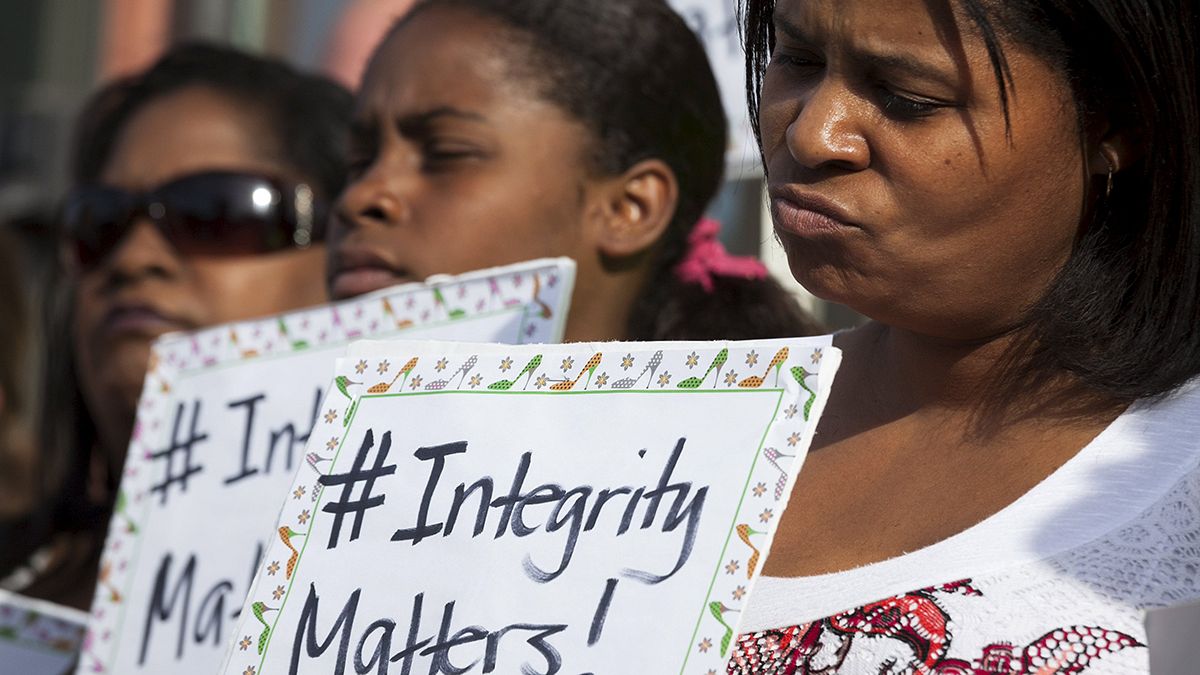It has been 50 years since unarmed marchers from Selma, Alabama set out in defiance of repression in 1965, to demonstrate African-Americans’
It has been 50 years since unarmed marchers from Selma, Alabama set out in defiance of repression in 1965, to demonstrate African-Americans’ constitutional rights, and state troopers attacked them.
When Alabama’s Governor refused to protect the marchers, President Johnson ordered the US Army, National Guard, FBI and Federal Marshals to do so.
At that time, one hundred years after the abolition of slavery throughout the United States, citizens’ rights were still not universally upheld.
Martin Luther King Jr. had led ‘The March on Washington’ in 1963, and delivered his historic “I Have a Dream” speech to end racial discrimination. It led to the Voting Rights Act of 1965.
The struggle was far from over. Peaceful protest and civil disobedience were joined by militantism, and unrest developed into violence.
The 1967 beating and death of a cab driver in Newark, New Jersey, rumoured to be at the hands of the police, sparked deadly riots in most major cities. King’s assassination the following year brought more riots. Tensions stayed.
After four officers in Miami were acquitted of the death from injuries of an African-American in 1980, more were killed in rioting.
Fast-forward to 1992 and the six-day deadly Los Angeles riots when four white officers were filmed beating motorist Rodney King and were acquitted. He survived.
In 2008, Barack Obama was elected the first mixed race US president. Many wondered how he would exercise his powers. The ‘Yes We Can’ campaign had ignited a new optimism that minority fortunes were about to change.
However, in 2012, 17-year-old Trayvon Martin was shot dead by a neighbourhood watch volunteer in Sanford, Florida. His killer claimed self defence and was acquitted of second-degree murder. It opened a national debate about racial profiling and self-defence laws. The black community remained sceptical about whether real change was taking place.
Further alarm was raised in July last year when Eric Garner died in New York City, after a police officer put him in a chokehold, and then in Ferguson, Missouri in August, when the fatal shooting of unarmed Michael Brown by a white police officer sparked mass protests and civil disorder.
